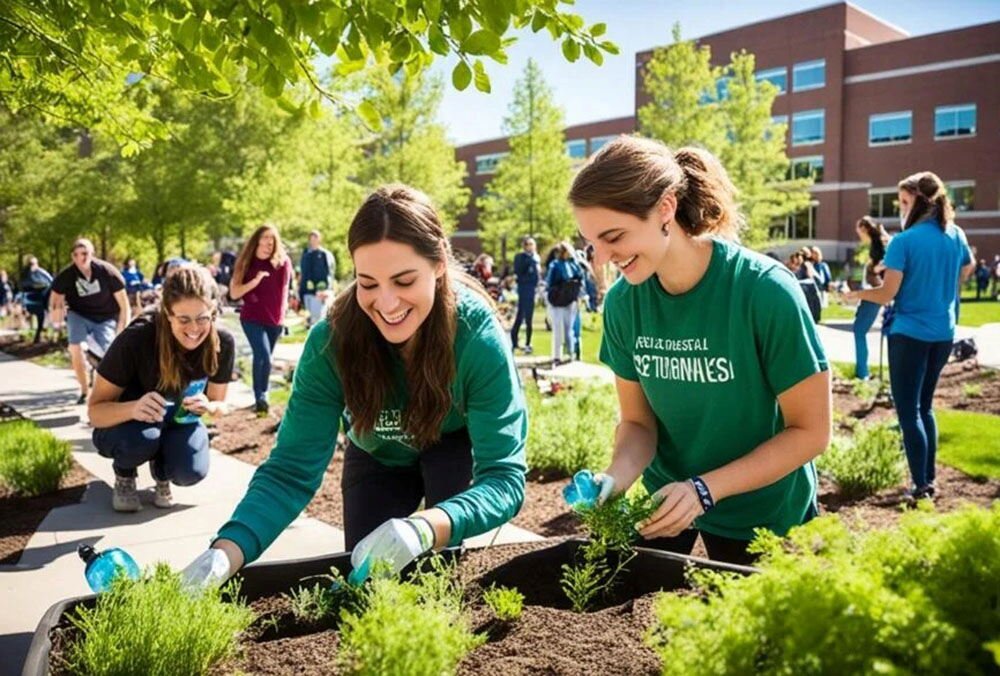Today’s world values sustainability more than ever, and college campuses are catching on. These schools are becoming sites of ethical consumerism, encouraging students and staff to limit their environmental effect. Small, powerful activities that build long-lasting cultural adjustments start the sustainable living movement. This article discusses how colleges are encouraging eco-friendliness and empowering students to help the environment.
Transforming Dining with Sustainability in Mind
One of the easiest ways to improve the environment is via food, and college campuses have taken note. The Green Plate Initiative shows how sustainable dining is affecting student eating. This effort promotes locally sourced food, reduces food transportation’s carbon footprint, and promotes plant-based solutions that utilise less resources. By working with local farms, universities boost area economies and provide students with fresh, eco-friendly meals. The campaign also teaches pupils about the environmental impact of their food choices, instilling a feeling of responsibility with each mouthful.
Reducing Waste, One Reusable Item at a Time
Waste reduction is another key area where campuses are stepping up. Through Bring Your Own (BYO) campaigns, students are encouraged to bring reusable water bottles, coffee mugs, and food containers, significantly cutting down on single-use plastics. Campuses offer incentives, such as discounts at campus cafeterias or exclusive deals, to students who participate in these eco-friendly initiatives. These small changes in student behavior accumulate into a large-scale impact, helping to eliminate unnecessary waste. BYO campaigns go beyond just reducing trash—they help create a culture of conscious consumption, where every individual choice matters in the fight against waste.
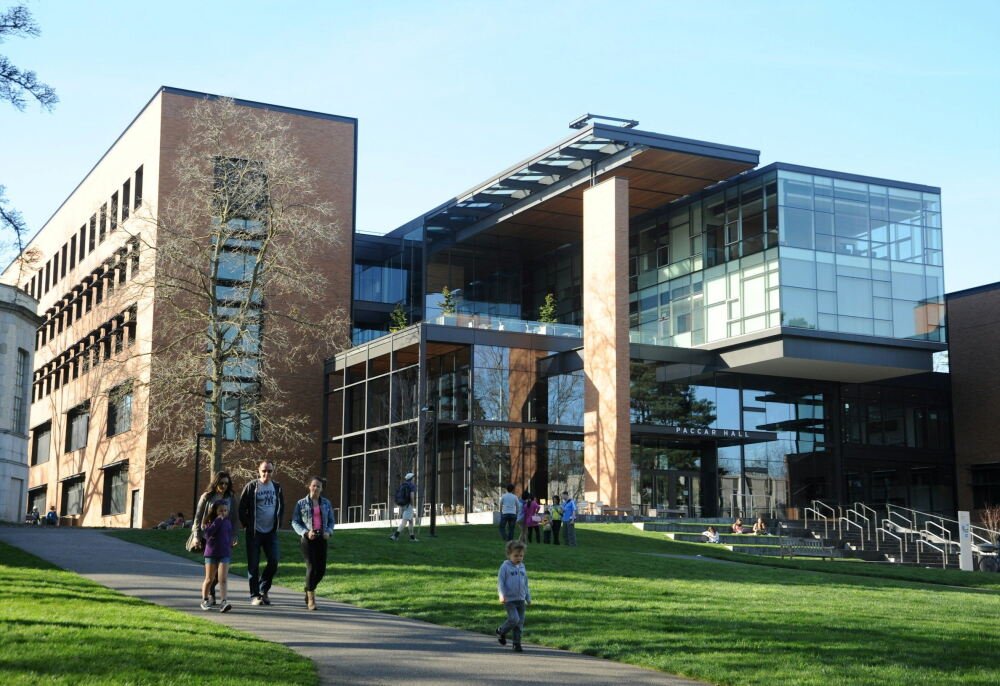
Rethinking Campus Transportation
The environmental impact of commuting is another challenge that colleges are addressing head-on. Campuses are increasingly offering eco-friendly transportation options, such as bike-sharing programs and efficient shuttle services. These initiatives make it easier for students to opt for green transportation, reducing the number of cars on the road and minimizing emissions. With the rise of carpooling apps and university-sponsored electric vehicle (EV) charging stations, students now have a range of eco-conscious travel options. This shift not only helps reduce the environmental footprint of commuting but also promotes a campus-wide ethos of green living, demonstrating that sustainable transportation is both accessible and effective.
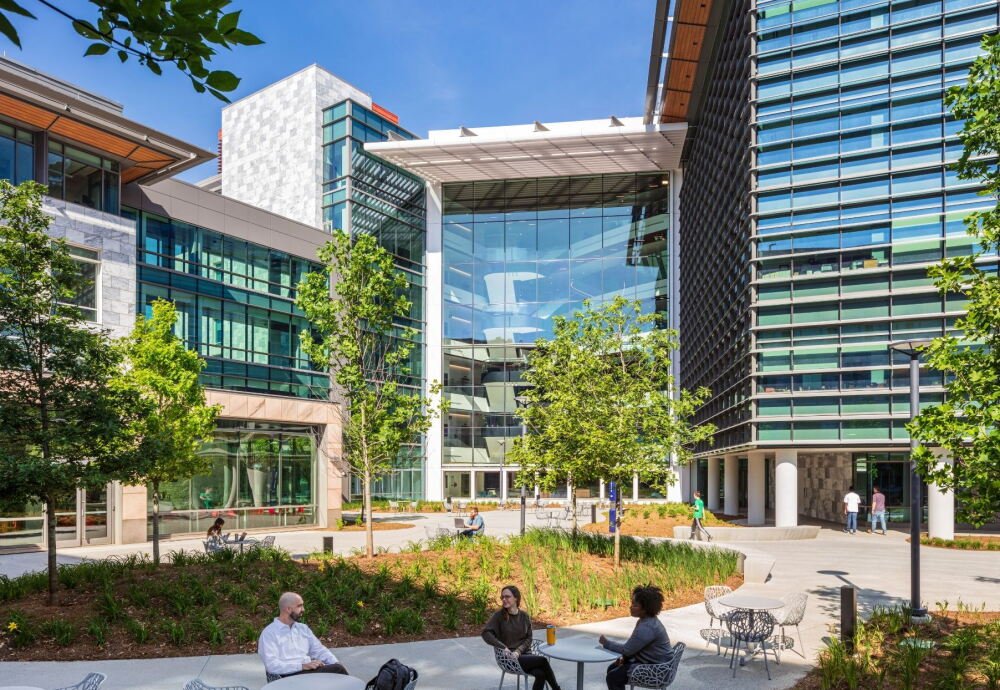
Ethical Fashion Takes the Spotlight
Sustainability isn’t just about food and transportation—it also extends to what we wear. College campuses are tapping into the world of ethical fashion, organizing clothing swaps and thrift markets where students can exchange or purchase second-hand items. These events promote a circular economy by reducing demand for new clothing and minimizing the environmental harm caused by the fast fashion industry. Students can now make fashion choices that are both stylish and sustainable, and these initiatives encourage a shift away from the throwaway culture that dominates the fashion industry. By embracing second-hand clothing and mindful consumption, students are actively contributing to the reduction of textile waste and the preservation of resources.
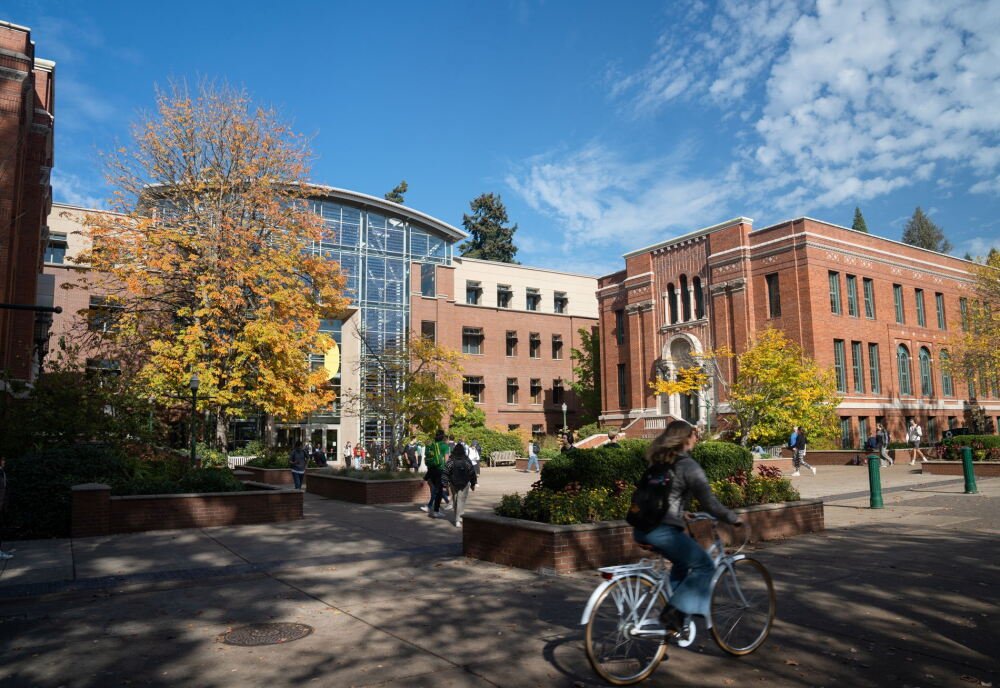
Building Green from the Ground Up
When it comes to creating a sustainable campus, the physical infrastructure itself plays a crucial role. Many universities are adopting green building practices, which include energy-efficient technologies, the use of renewable materials, and the installation of solar panels. These practices not only reduce energy consumption but also serve as powerful teaching tools for students, providing a real-world example of how sustainable design can be incorporated into the built environment. Sustainable buildings, such as those with energy-efficient heating and cooling systems, offer students the opportunity to learn about the intersection of architecture and sustainability. By prioritizing green building practices, campuses send a strong message that sustainability is a core value that should permeate all aspects of campus life.

Educating the Next Generation of Eco-Leaders
At the heart of the shift toward sustainable living on campus is education. Colleges and universities are integrating sustainability into various academic programs and offering dedicated courses on environmental issues. Workshops, seminars, and sustainability-focused clubs provide students with the tools and knowledge they need to make informed, ethical choices throughout their lives. These educational initiatives extend beyond the classroom, with many campuses hosting events that promote hands-on learning. Students can participate in eco-friendly activities, such as composting workshops or sustainability fairs, which allow them to gain practical experience in living sustainably. The goal is to ensure that when students leave campus, they not only have the skills to thrive in their careers but also carry with them a commitment to making ethical consumption a way of life.
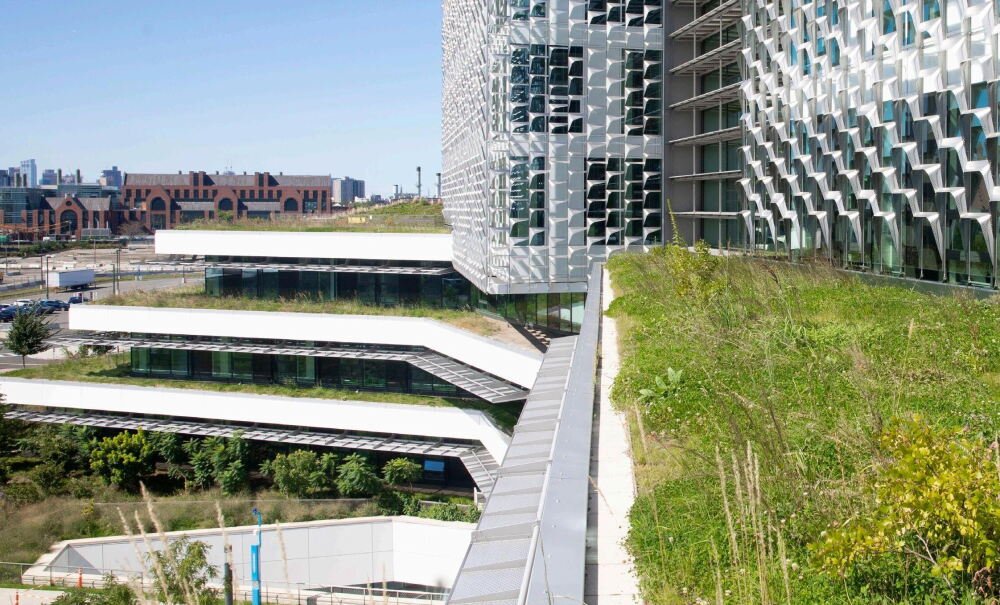
Creating Sustainable Spaces with Community Gardens and Green Spaces
Sustainability also takes root in the landscaping and outdoor spaces on campus. Community gardens and sustainable landscaping initiatives are creating opportunities for students to engage with nature, grow their own food, and learn about sustainable farming practices. These green spaces foster a connection to the environment and provide a peaceful, eco-friendly retreat from the stresses of campus life. Community gardens also contribute to local biodiversity, offer educational opportunities about the principles of sustainable agriculture, and help students develop a deeper understanding of where their food comes from. By integrating nature into campus life, these initiatives promote a sense of responsibility for the planet and demonstrate that sustainability is about more than just consumption—it’s about creating a harmonious relationship with the natural world.
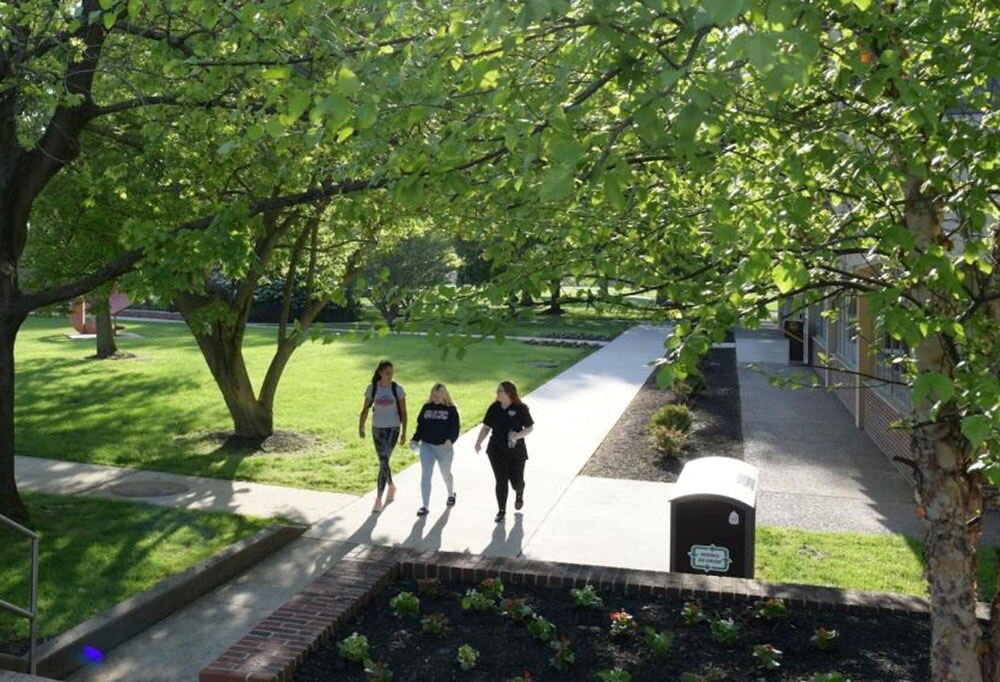
A Culture of Conscious Consumption
Sustainability generally implies large-scale adjustments. But meaningful environmental change starts with individual choices. Campuses promote conscious consumerism through sustainable eating, waste reduction, eco-friendly transportation, ethical fashion, and more. Students that participate in these activities help the environment and become change agents. Graduates bring sustainability teachings to the workplace, conveying the idea that every decision—no matter how small—matters. Through sustainability in all aspects of campus life, universities are training the next generation of eco-conscious leaders who will promote ethical consumerism beyond graduation.
In conclusion, ethical consumerism on campus is about fostering a permanent cultural shift that empowers students to be responsible, conscious citizens, not merely making green choices. Through teaching, innovation, and community involvement, universities are building a sustainable future. As these practices spread, schools will lead the battle against climate change and guide future generations towards sustainability.
Frequently Asked Questions
What is ethical consumption on campus?
Ethical consumption on campus refers to making environmentally conscious choices, such as sustainable dining, waste reduction, and eco-friendly transportation.
How do universities encourage eco-friendly practices?
Campuses promote sustainability through initiatives like BYO campaigns, green building designs, and community gardens.
Why is sustainability important in education?
It teaches students to make responsible choices and prepares them to lead sustainable lives beyond graduation.
Can students contribute to sustainability?
Yes! Students can reduce waste, choose sustainable dining options, and use eco-friendly transportation on campus.
How do green buildings impact campus sustainability?
Green buildings reduce energy consumption and serve as examples of sustainable design, educating students on eco-friendly construction.


